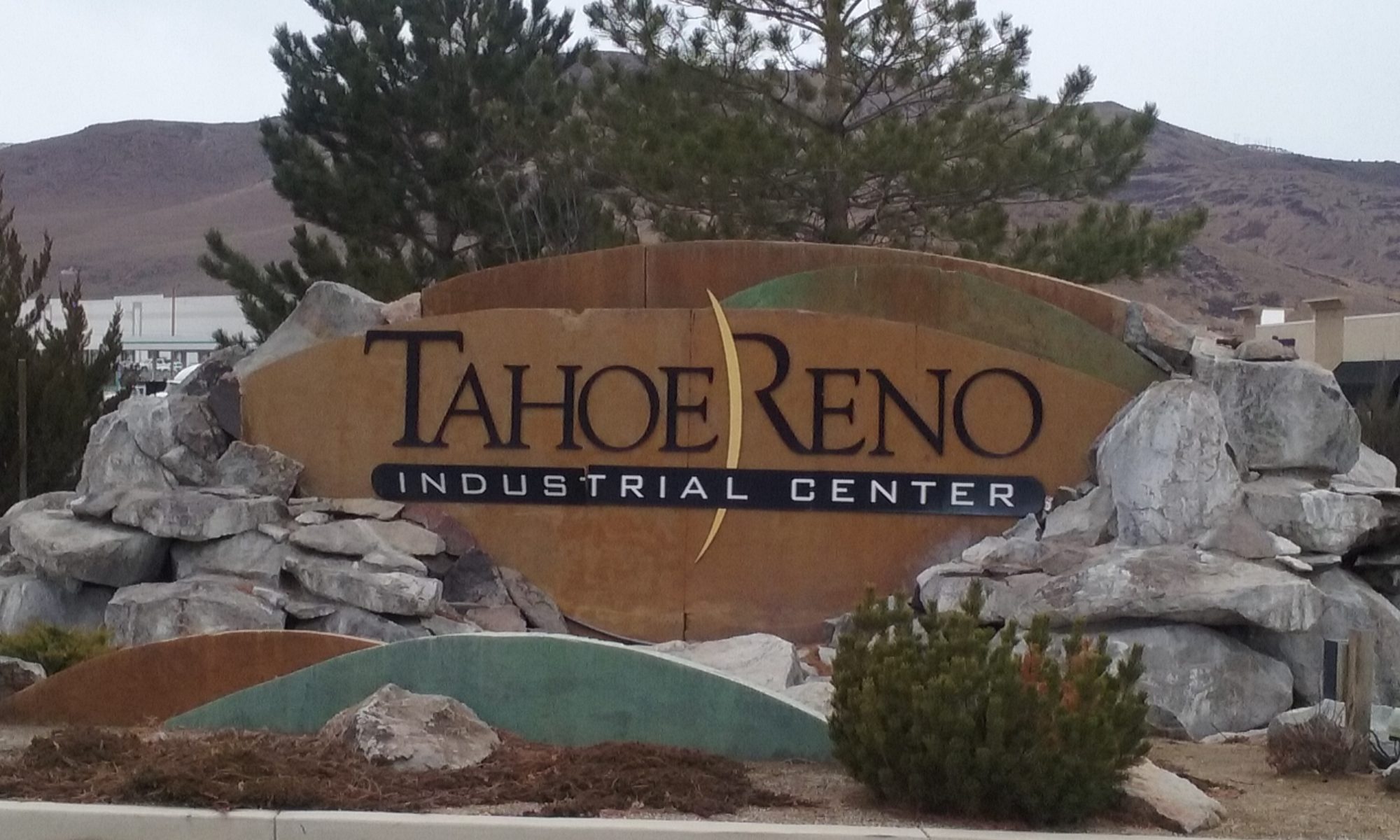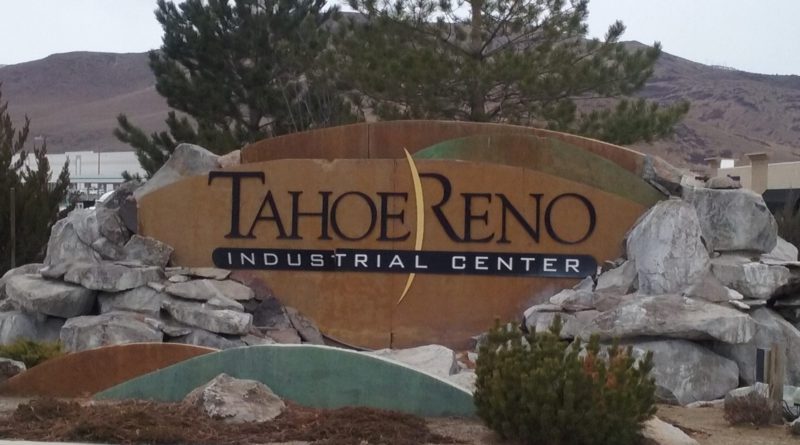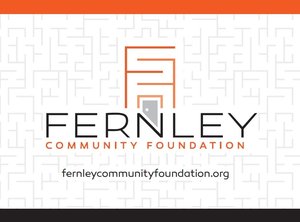Northern cities may send recycled water to Tesla gigafactory, Switch data center

By Daniel Rothberg
https://thenevadaindependent.com
Technology companies want the wastewater. The cities produce a steady supply of it.
The Tahoe Reno Industrial Park, which houses the Tesla gigafactory and a Switch data center, is pushing to build a 13-mile pipeline connecting the park to a nearby sewage facility.
It would allow the environmentally-conscious companies to tap into recycled wastewater for their water-intensive operations. It would help local governments reduce their infrastructure load at a time of growth, fueled in part by tech’s presence. It could even improve quality on the Truckee River , where wastewater is currently discharged.
“All parties can really benefit from this application,” said Lance Gilman, who developed the 107,000-acre industrial center. Gilman, a Storey County commissioner, said the water will help meet demand for manufacturing and data storage, which uses water for cooling.
Supporters cast the plan as a win-win, but the details have made a deal complicated.
In the coming days, the cities of Reno and Sparks, as well as the Governor’s Office of Economic Development, plan to discuss preliminary approval of a pipeline project that would transfer more than a billion gallons of water to the corporate park each year.
On Monday, the Sparks City Council will vote on a preliminary agreement to move forward with the plan. Two days later the Reno City Council will weigh the deal for a second time. If the cities, which own the treatment plant, approve, the Governor’s Office of Economic Development will consider whether to approve bonds under an expiring authority in legislation passed to incentivize construction of the Faraday Future factory.
The bonds, which would not be issued until the cities agree on a more comprehensive agreement, would support construction of the $35 million pipeline. Water at the industrial park is walled off from regional utilities and is managed by a separate governmental entity, known as a general improvement district, that charges the businesses directly.
How the deal is structured
To serve Tesla, Switch and potentially Google, the industrial park needs more water from a more secure source. The park is currently reliant on groundwater, which state regulators can curtail in dry years, and recycling. The proposed deal has provisions that would guarantee the park a certain amount of water during normal years and drought years.
Under the deal, the cities would effectively lease their wastewater to the industrial center for a period of 30 to 70 years. In exchange, the state and the industrial center would give the cities equivalent water rights so that it can maintain Truckee River stream flow. The city water originates from the Truckee and must be replaced to balance the river flows.
The deal proposes leasing 4,000 acre-feet of water, about 1.3 billion gallons
“This was not a simple transaction,” said Pat Mulroy, the former director of the Southern Nevada Water Authority and a consultant for Switch, which is based in Las Vegas.
The companies, through rates charged by the industrial park, will pay a base fee for the treated wastewater and a premium fee during dry years when water is more scarce.
“The Reno-Sparks customers are 100 percent left whole,” she said.
The growth factor
Customers could even benefit, city planners argue. When the plan was presented at a Reno City Council meeting in late August, a staff report estimated that the city could defer sewage plant upgrades that could cost it anywhere from $30 to $250 million.
Although the 4,000 acre-feet of wastewater would still go through the Truckee Meadow Water Reclamation Facility, the water standards for industrial use are much lower than the current near-drinking water standards required to discharge the water into the river.
In the past, the cities have been fined for not cleaning enough nitrogen from the water.
This is also important because the region is experiencing growth, in part a result of development at the industrial center. By diverting wastewater with the 13-mile pipeline, city planners could reduce the strain that growth is already being placed on the plant.
Steve Driscoll, Sparks’ city manager, said it “takes pressure off that long-term build.”
“This is against the backdrop of the economic growth that we are experiencing,” said Reno Councilman David Bobzien. “This is a big concept and an innovative one. But it is certainly one that is complex enough and has such long-term implications for the region that everyone needs to come to the table so the important questions can be asked.”
Getting a fair deal
The proposal is not a new one. It was first floated more than two years ago.
Many details have yet to be worked out. “The questions we’ve been asking along the way will continue and they will continue to expand in their scope and detail,” Bobzien said.
In a phone interview, he listed some of the lingering questions: How do you quantify and value the replacement water? What are the protections and benefits for ratepayers?
These questions will be fully explored and answered in the next phase of project planning. The agreement that the cities will consider next week is only preliminary, a requirement before the governor’s economic development office will approve the bonds (the office is under a deadline to approve them at its upcoming meeting).
The bonds won’t be issued until a more comprehensive plan is in place. If the cities cannot agree on that plan within two years, then the whole deal would fall apart.
Reno Councilmember Jenny Brekhus said at the August meeting that she wants to make sure ratepayers, who are assessed a fee for water treatment, are getting the best deal.
“Effluent is considered a resource and an asset,” Brekhus said in a phone interview.
Despite some concerns, local governments have softened their position on the plan, which was somewhat controversial when it was first proposed. “The history of this conversation has come a long way,” said Bobzien, who noted that in the original proposal, the cities would have been on the hook for constructing the pipeline.
“(The water) has a future value we’re not just going to give away,” he added.
A complicated river system
The Truckee, which runs adjacent to the corporate park, is one of the most regulated waterways in the West. The river has been subject of disputes and litigation dating back to the 1800s. It has a court-appointed federal water master, whose job is to keep track of river flow and oversee the river’s operating agreement. He will have to sign off on a deal.
The Nature Conservancy has invested $27 million in restoration of the Truckee River’s ecosystem over the past 15 years. Mickey Hazelwood, the director of that project, said the organization has yet to take a position for or against the proposed transfer of wastewater.
“This has the potential to be something that is good,” he said, emphasizing the need to protect it during dry years. “The devil is in the details and we don’t have the details yet.”
Proponents believe the project has the potential of improving river quality. Instead of replacing river water with wastewater, Reno-Sparks would replace it with clean water.
The river, which stretches from Lake Tahoe to Pyramid Lake, falls within the boundaries of the Pyramid Lake Paiute Tribe. The tribe’s natural resource manager told WaterDeeply, a nonprofit water news outlet, that it wants to ensure the plan does not affect river flows. Driscoll, Sparks’ city manager, said the proposal would keep the river whole and abide by an operating agreement that the tribe is a signatory on.
Mulroy believes the plan could serve as a model for other water users along highly-regulated rivers across the West, arguing that it offers flexibility and protects downstream water rights.
“What better water to spend for industrial uses than treated wastewater,” she said.




